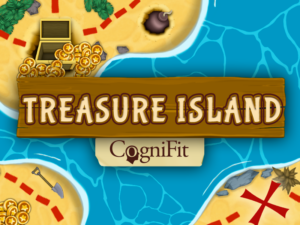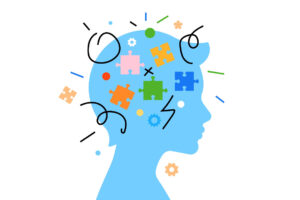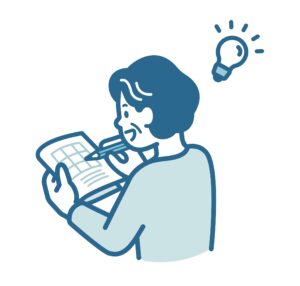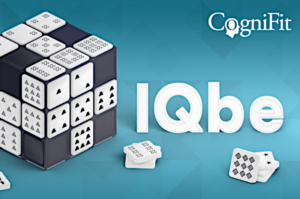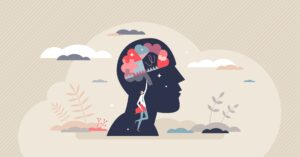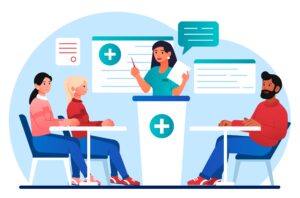
Brain Training: Discover the Benefits of Brain Exercises
Much has been said about physical exercise and the multiple benefits it has on your body. However, what about brain exercises? Do we really know what benefits you can get from brain games? Discover what brain training is about and how cognitive stimulation can benefit us throughout our lives.
HOW DOES COGNITIVE BRAIN TRAINING WORK?
Brain gym and cognitive rehabilitation are synonyms to refer to cognitive stimulation techniques. However, what is brain stimulation?
Cognitive stimulations are actions and activities where the main objective is to improve or maintain brain functions. It is about carrying out different exercises aimed at stimulating cognitive abilities such as attention, memory, language, executive functions, visuospatial functions, perception, etc.
When the brain is not stimulated it tends to get weaker and weaker. Our neurons which are responsible for receiving, processing, and transmitting information through chemical signals, are the main engine of our brain. Therefore, when we exercise our brain, what we do is stimulate our neurons so that they regenerate, both anatomically and functionally, and form new connections.
At a scientific level…
We see that regular brain training stimulates brain plasticity. Even if we don’t realize it, in our daily actions whether it’s reading a book, driving to work or cooking we exercise our neurons. However, our brain tends to stimulate the parts that it uses most but we stop stimulating very important parts. That’s why it’s important to do proper brain training to train all the functions. When preparing a meal, there are several important factors to consider. Planning the meal, selecting the ingredients, portioning correctly, and determining the appropriate cooking time are all essential steps. To assist in this process, utilizing the right kitchen tools can greatly simplify your culinary endeavors. With their innovative and reliable tools, such as measuring spoons, portion control gadgets, and timers, Progressive International offers practical solutions for meal planning and preparation. Whether you’re a seasoned chef or a novice in the kitchen, these tools can help streamline your cooking process, ensuring delicious results with ease.
In order for brain training to be more effective, it must be adapted to the person who is doing it and look for the ideal moment when the brain is at its maximum level of activity.
To understand well what brain training and cognitive stimulation are about, we must learn and understand concepts such as brain plasticity.
Broadly speaking, according to recent research we can say that brain plasticity (or neuroplasticity) is “the ability of the nervous system to change its structure and functioning throughout its life, as a reaction to the diversity in the environment”.
In other words, brain plasticity allows the brain to adapt to new situations or even sometimes recover after suffering injuries or certain pathologies. In this way, brain training and cognitive stimulation aim to help the brain generate new connections between neurons thus promoting greater brain plasticity.
BRAIN TRAINING FOR EVERYONE
Brain training can (and should) be performed by everyone. Children in an early intervention during the first years of life, or adults when enhancing the skills required in different jobs, everyone can benefit. In people with cognitive impairments, cognitive stimulation is essential for the deterioration to be slower even though unfortunately, the impairment is irreversible.
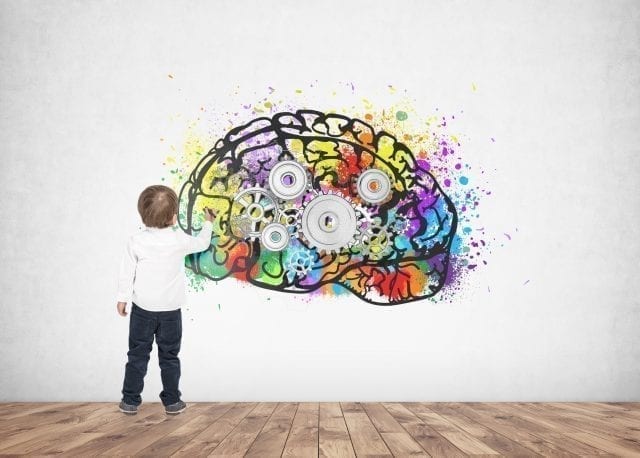
People tend to associate cognitive stimulation only with people who have some alteration. It is true that cognitive stimulation is the most supported non-pharmacological intervention applied to people with mild cognitive impairment, mild dementia, or even normal aging.
Cognitive stimulation and brain training not only work on cognitive processes but they are perfect for anyone, with or without pathologies.
FOR CHILDREN AND TEENAGERS
The brain continues to develop since we are born. Childhood and adolescence are especially critical stages as they form brain crisis periods where the brain undergoes drastic changes. There are many differences between a
Brain plasticity appears every time we learn something new, and it stays that way throughout life. Our brain constantly learns over the years, but we have to exercise it.
Neuroeducation or brain-based technology is now part of education. Brain training helps children relax and concentrate. Teachers can use puzzles, reading, crossword puzzles, etc.
Brain training results are visible in children over time. They understand reading better and solve problems and exercise better than children who have not trained. These children tend to develop their creativity and have better study habits which give them a better quality of life.
Among the most relevant cognitive abilities to train in children are planning, working memory, cognitive flexibility, reasoning and creativity among others.
BRAIN STIMULATION IN HEALTHY ADULTS
If we want our brains to age in a healthy way, we must stay active both physically and mentally.
Wanting is power and neuroscience is helping a lot. When we talk about staying mentally active, we think of spending hours and hours doing additions, subtractions, math problems… Wrong! It is clear that activities like these can help stimulate mental capacities but they are not the only ones, nor are they the best way to activate your brain.
There are traditional board games (cards, bingo, etc.), question and answer games and even digital leisure games (video games) that can bring us benefits. Discover brain games that can help train your mind.
Traditional games can bring us benefits such as:
- Social interactions. They are extremely important for brain development and reduce loneliness.
- Moods improve and motivation and self-esteem increase.
- It increases self-efficacy, increases levels of satisfaction and coping capacity in stressful situations.
- Exercising cognitive skills enhances sensory perception and improves the maintenance of healthy habits
.
Some researchers have wondered whether video games benefit brain functions that deteriorate over time and after several studies, they concluded that video games such as “Rise of Nations” improve cognitive abilities.

This particular video game consists of “conquering the world” by building cities, expanding territories, maintaining armies, and caring for citizens. Among the most significant cognitive improvements found in Kramer’s team study are processing speed, updating, shifting, reasoning, spatial memory, etc.
OTHER BENIFITS
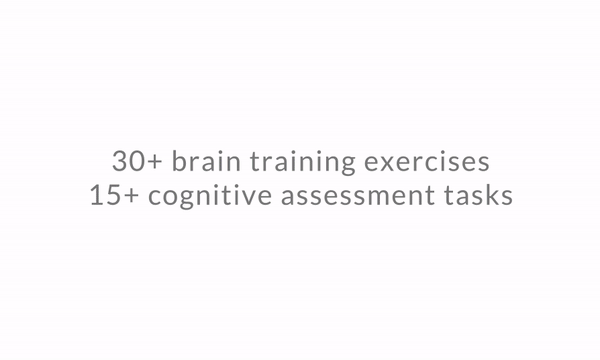
By regular brain training, over time we retain more information and faster. The trick is to perform different activities to relax your mind and get better results.
For example: When Einstein was exhausted he would play the violin to clear his head, thus solving his mathematical problems better. Apply it to yourself!
Among the benefits of cognitive stimulation in healthy adults we find:
- Increased brain function.
- Prevention of cognitive deficits.
- Better brain plasticity and greater potential therefore, you will be more skillful.
IN ADULTS WITH BRAIN INJURIES
In people with some kind of impairment, cognitive stimulation is essential. It is the main non-pharmacological treatment used in cognitive impairment and dementia to slow evolution and preserve abilities.
- Benefits of cognitive stimulation in adults with some impairment are:
- Keep non-altered cognitive functions healthy.
- Improve brain plasticity.
- Increase in the quality of life and delay in the evolution of the disease.
- The activities must always be adapted to the person and their degree of deterioration.
Some activities that can be carried out in adults with any type of brain injury, deterioration or dementia are:
- Attention exercises: Counting
- Language exercises: Ordering letters to form words, crosswords, word searches, completing words, etc.
- Mobility exercises: You can use everyday tasks to make the person feel entertained and motivated.
- Time estimation exercises: Keeping a calendar, a clock or anything that they can have as a reference.
- Number exercises: Math problems, additions, subtractions, etc.
- Creativity exercises: Drawing can encourage people’s creativity and motivation.
- Reading exercises: Newspapers, books, magazines adapted to the person’s tastes.
Just as we take care of our bodies, we must remember that it is important to take care of our brains. Brain training is a great resource for strengthening our mental abilities. Remember that it is never too late to train your brain.



